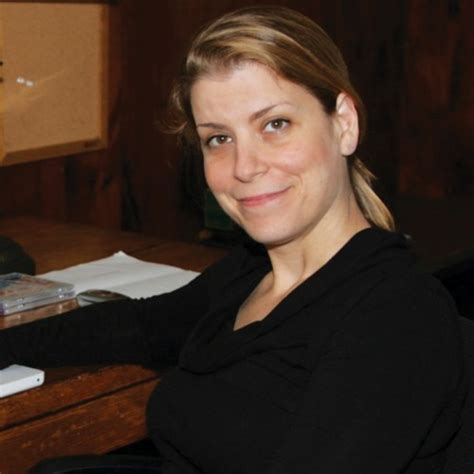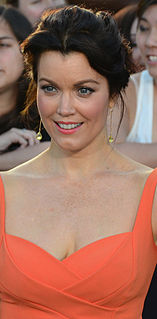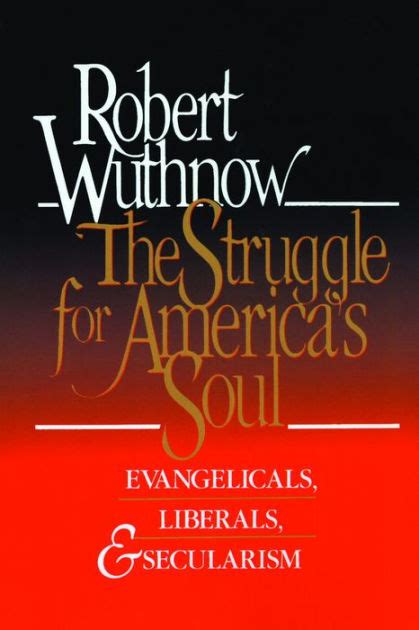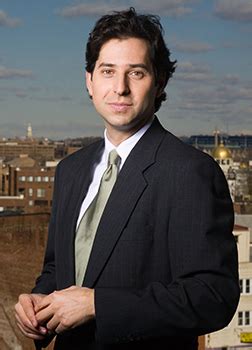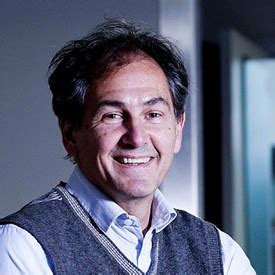A Quote by Katy Lederer
To think of the myriad ways that we live is to think of the ways that we die: Delinquent in our brains, in debt-- If we settle, then, our due account and walk through the forest, Will we finally be free?
Related Quotes
There are many ways that we grow, but there are two major ways: We shed what no longer works, or we're broken open. If we're unwilling to shed, then we will be broken open. Through shedding, we are worn down, just as nature is eroded to its beauty. I think that through suffering, human beings are eroded to our beauty.
The danger, then, is that materialism is not only shaping how we live but the way we think as well. It influences our consumer tastes and our preference for high-paying jobs, but it also alters our capacity to pray, the nature of our prayers, and the ways in which religious tutelage instructs our values.
If our well-being depends upon the interaction between events in our brains and events in the world, and there are better and worse ways to secure it, then some cultures will tend to produce lives that are more worth living than others; some political persuasions will be more enlightened than others; and some world views will be mistaken in ways that cause needless human misery.
I think it's very important to be able to hear from our public leaders in ways that they can't entirely orchestrate, seeing them speak live and unscripted and take questions that they themselves haven't arranged ahead of time. I think this is a way in which citizens who are deciding what they think of their leaders who govern in their name, this is one of the ways in which they can evaluate how they feel about the quality of the leadership.
Humans like to think of themselves as unusual. We've got big brains that make it possible for us to think, and we think that we have free will and that our behavior can't be described by some mechanistic set of theorems or ideas. But even in terms of much of our behavior, we really aren't very different from other animals.
Death is, in some ways, unacceptable. It's just an astonishing fact of our being here that we die; but I think worse than that is if we live long enough, we lose everyone we love in this world. I mean people die and disappear, and we're left with this stark mystery: just the sheer not knowing of what happened to them.
